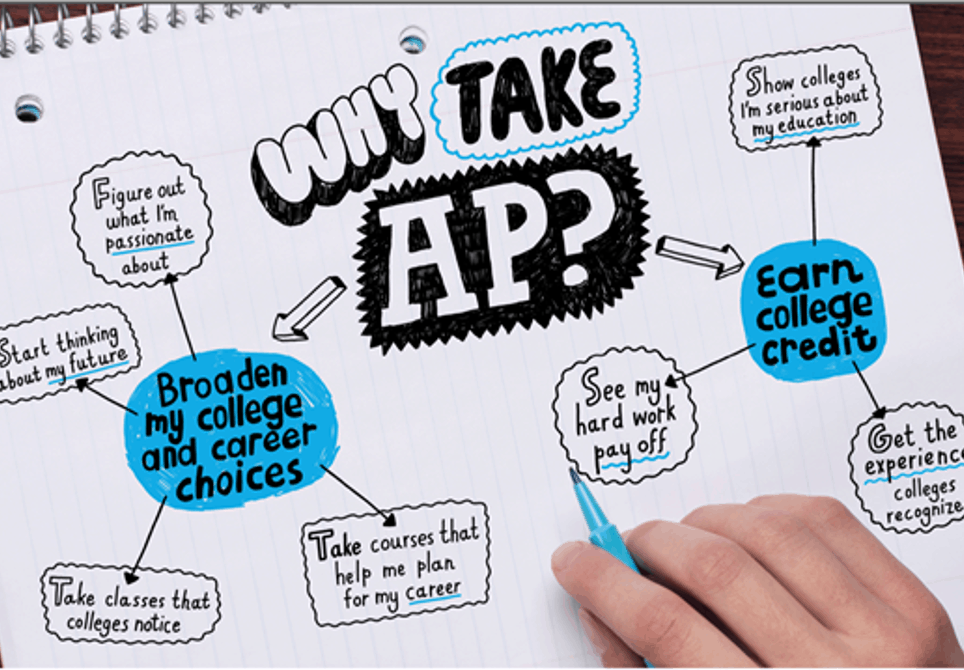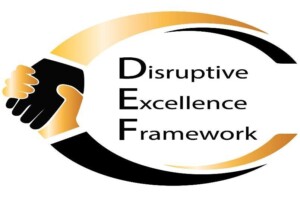Advanced Placement for the Innovation Economy

Most high schools students in the U.S. still lack access to courses that prepare them for the innovation economy. A college freshman recently lamented that his only coding option was a course in backend Java.
“We agree with this student, so we have launched this fall a brand-new AP Computer Science course called AP Computer Science Principles, which is not a Java-programming course. It allows any programming language a student chooses to use, and focuses on much more creative uses of coding including web design,” said Trevor Packer, SVP for AP at College Board.
The course is modeled off of great college courses like Berkeley’s “Beauty and Joy of Computing,” which is the first computer science course on campus to enroll more female than male students. To train teachers, College Board partnered with code.org, Project Lead the Way, and Harvard’s CS50 program (the most popular course offering at Harvard these days — and Harvard now provides free professional development to AP Computer Science Principles teachers!). National Science Foundation has also been a key partner.
Rather than a narrow focus on coding, the AP Computer Science Principles (AP CSP) course introduces students to the essentials of computer science and shows how computing and technology are influencing the world. Students pursue interests in digital projects that may include apps, films, games or music — with a focus on making a difference.
Next Gen AP
AP courses have the rap of being content heavy but redesigned courses like AP Biology encourage students to think like a scientist and become an independent investigator through student-directed laboratory investigations. Students in AP Environmental Science learn about the natural world through hands-on, lab investigations and fieldwork to study both human-made and natural environmental problems.
College Board is using AI to provide coaching and feedback on student writing in Pre-AP English classes. Packer said lack of time for grading was a barrier for teachers and most students appreciate the impartial and detailed feedback. A parent of one of the first Pre-AP students to use the free AI feedback service said:
The first time my son used this tool on his homework, I sat next to him and watched as he submitted a single paper over 25 times in order to meet his goal level of proficiency. He took suggestions from the computer that would have led to sullen looks and resistance if I had made them. The second time he used it, it took half as many revisions to meet the same goal. It wasn’t just helping him learn to revise one paper: it was teaching him the habits and strategies of good writing. Within a few weeks, he had set a new, higher goal.
New AP courses offer students a chance to go deeper into subjects that interest them, to develop research and communication skills, and to tap their creative, problem-solving potential.
For more, see:
- Developing Minds Ready for the Innovation Economy
- 4 Myths To Bust On The Road to “Computer Science For All” Success
- 8 Campaigns Illuminating the Path Forward
Stay in-the-know with all things EdTech and innovations in learning by signing up to receive the weekly Smart Update.







0 Comments
Leave a Comment
Your email address will not be published. All fields are required.